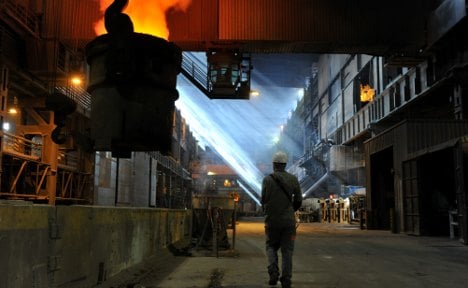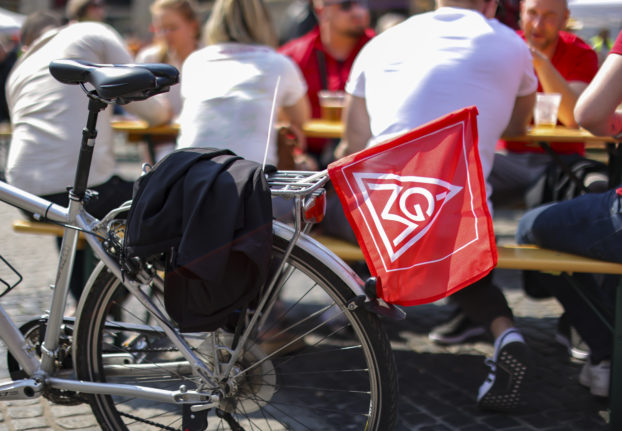Between Wednesday and Friday, several production sites will be targeted including at Salzgitter, Germany’s second biggest steelmaker located in the western town of the same name, and smaller competitors in the Ruhr Valley.
“We are going to put the pressure on employers,” IG Metall said in a statement, after two rounds of talks between management and the union failed to break a deadlock.
IG Metall, one of the most powerful unions in Europe’s biggest economy, is calling for a six-percent salary rise for 85,000 workers in the west of the country amid a robust economic recovery.
The union is also demanding equal treatment for temporary workers and permanent staff and better pay for trainees after years of wage moderation. Employers say a six-percent wage increase is unreasonable amid doubts about how long the upturn will last. They have not announced a counter-offer.
Salary negotiations in the metalworking industry in Germany tend to serve as a bellwether for other sectors.
Output in the German economy in the second three months of the year was 2.2 percent higher than in the same period the year before and the central bank has predicted annual growth of three percent.
However, economists believe the engine is set to lose some steam in the second half of the year, which will likely complicate the pay talks.
In addition, inflation in Germany remains tame, with recent figures showing prices in August rose 1.0 percent from the same month a year ago, well below the European Central Bank target of close to, but below, two percent.
AFP/mry



 Please whitelist us to continue reading.
Please whitelist us to continue reading.
Member comments